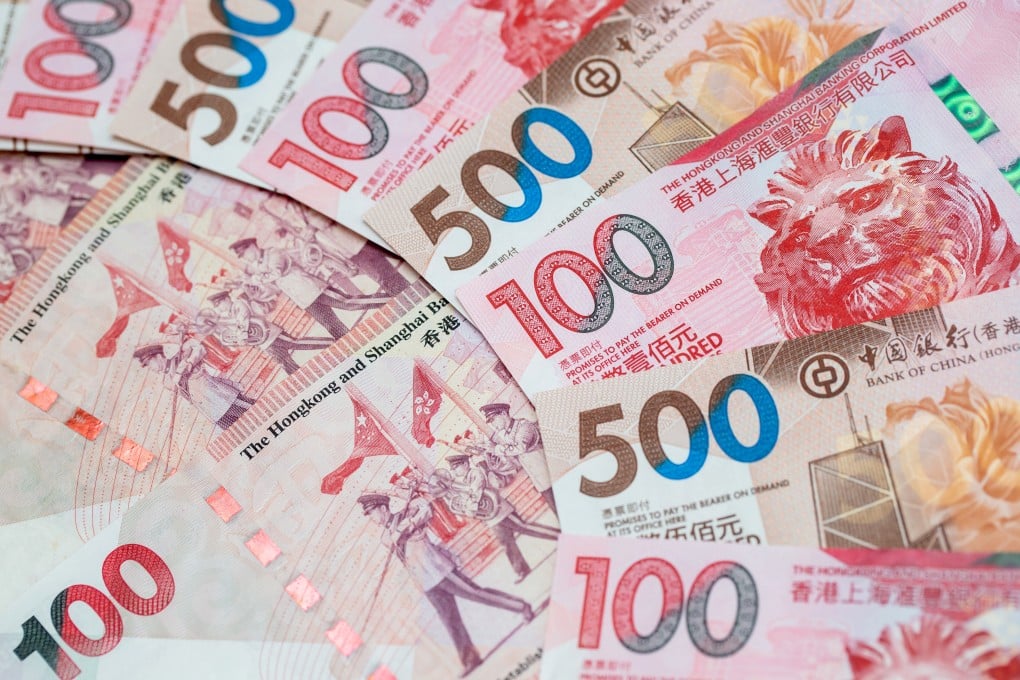HSBC, Hang Seng, BOCHK keep prime rates steady as wait for relief stretches for Hong Kong businesses, homeowners
- HSBC, Hang Seng Bank and BOCHK keep prime lending rates at 5.875 per cent
- Standard Chartered, Citibank keep their prime rates at 6.125 per cent, while DBS Hong Kong stays at 6 per cent

Hong Kong’s major lenders including the three note-issuing banks – HSBC, Standard Chartered and Bank of China (Hong Kong) (BOCHK) – kept their key lending and deposit rates unchanged, meaning local businesses and mortgage borrowers will have a longer wait for the cost of borrowing to decline.
HSBC and its subsidiary Hang Seng Bank, along with BOCHK, kept their prime lending rates at 5.875 per cent, while paying 0.875 per cent per annum for savings deposits over HK$5,000 (US$640) and nothing to those below that, the banks said in separate statements on Thursday.
Standard Chartered and Citibank also kept their prime rate unchanged at 6.125 per cent, while DBS kept its prime rate unchanged at 6 per cent.
The lenders’ decisions came after the Hong Kong Monetary Authority (HKMA) followed the US Federal Reserve in keeping interest rates at their current levels on Thursday morning.

“In recent months, inflation has shown a lack of further progress toward our 2 per cent objective,” Fed Chairman Jerome Powell said at a press conference. “It is likely that gaining greater confidence will take longer than previously expected.”
